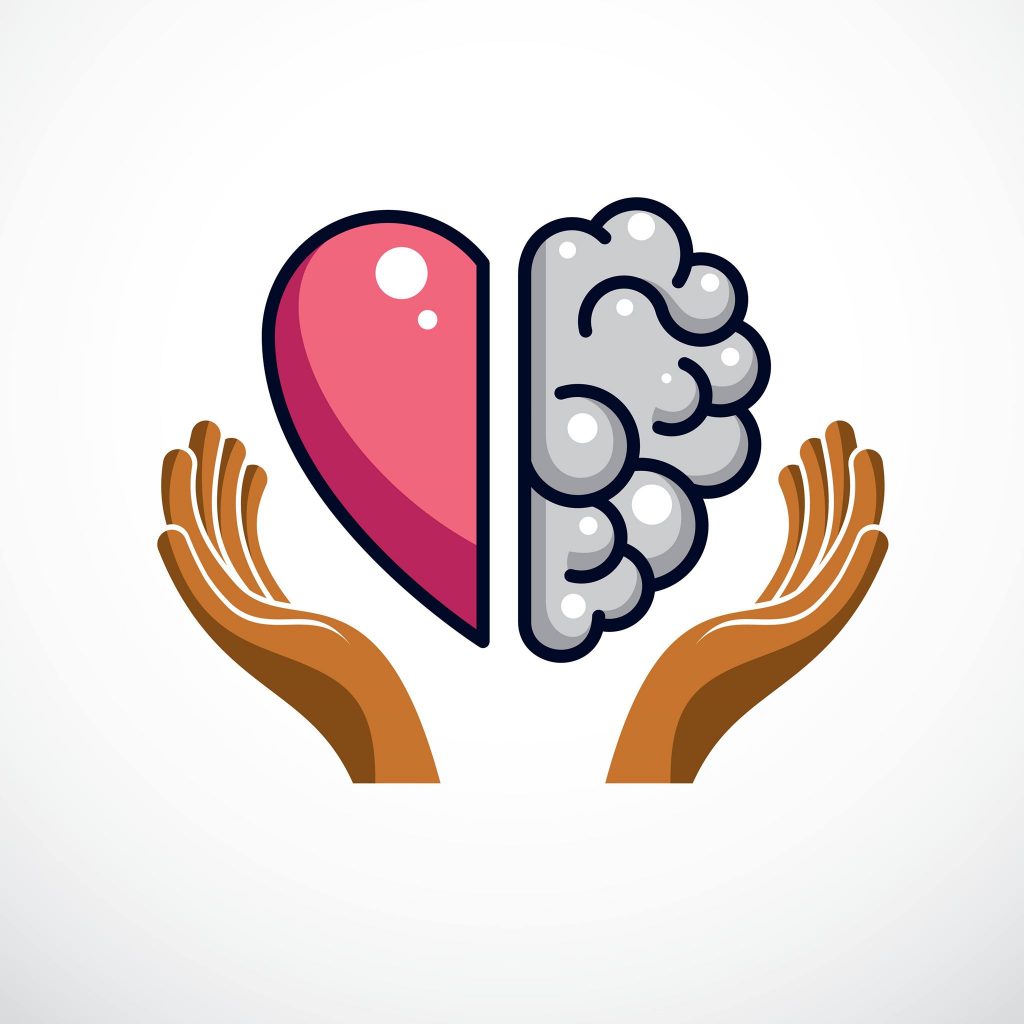“The most common denominator in all religions is that the heart is the seat of wisdom.”
― Rollin McCraty
How We Define Heart Intelligence
/härt inˈteləjəns/
Noun
A state of conscious and intuitive awareness that originates from the heart rather than the brain.
Take a moment right now to tune into the sound of your heartbeat and feel the rhythm of your pulse. Did you know that your heart beats approximately 100,000 times each day? How many of those beats do you think you notice? What about the heart’s more subtle cues? How often do you notice its whispers of intuitive knowing or it’s soft feelings of love, compassion, unity, and understanding during times of hardship?
The heart is the central organ of the human body. It is the first organ to develop in utero, beginning to beat at around 20 days post-conception. We know the heart is a vital organ, yet mainstream modern science sees it as only that, as nothing more than an organ that pumps blood.
The emerging field of neurocardiology is revealing what our intuition has already told us, that the heart is more than just a muscle. In fact, the heart contains its own functional brain, commonly referred to as the heart-brain which contains more than 40,000 neurons. The heart-brain can learn, feel, sense, remember, and make decisions independent of the brain’s cerebral cortex.

Why We Value Heart Intelligence in Education
We value heart intelligence in education because we believe in whole person learning. We know that we are more than just thinking beings; we are feeling beings. We believe in an education that educates more than just minds. We value an education that not only teaches matters of the heart like kindness, compassion, and empathy, but that also recognizes and understands that the brain isn’t our only means of awareness. We understand that the heart is far more intelligent than we ever thought and that more research needs to be conducted in the field of neurocardiology so that we can better understand it.

““I believe in intuitions and inspirations…I sometimes FEEL that I am right. I do not KNOW that I am.”
― Albert Einstein
How We Define Intuition
/ˌint(y)o͞oˈiSH(ə)n/
Noun
the power of attaining to direct knowledge or cognition without evident rational thought and inference
Intuition is a form of knowing that goes beyond the intellect. It doesn’t happen from a place of reason or rationality, but rather from a feeling, instinct, or hunch. When you have an intuition about something, you know but you don’t know how you know.

Why We Value Intuition in Education
We value intuition in education because it is a part of the human experience. We believe in an education that speaks to the whole human experience and not just parts of it that are easy to quantify, measure, or explain. We believe that intuition is a valuable human trait that provides an alternative way of knowing. Intuition plays an important role in creativity, decision making, problem solving, innovation, and personal growth. We want to educate in such a way that students recognize and strengthen their own intuition and share their intuitive feelings with others in a way that feels safe and supportive.

